"Nowhere is the close relationship between California's public universities and private corporations more apparent than in the UC Board of Regents. UC Regent Richard C. Blum is both the husband of Democratic California Senator Dianne Feinstein and the Chairman of the San Francisco-based investment firm Blum Capital Partners. Though he has served on the board since 2002, his firm is also the largest shareholder in Career Education Corporation and ITT Education Services Inc., two for-profit higher education companies that have both been under federal investigation. In a 2010 expose, the Sacramento News & Review reported that the UC investment managers invested $53 million in public funds in both companies. Despite these connections, UC officials claim that no conflicts of interest occurred."
http://www.thenation.com/article/165...kick-high-gear
http://www.thenation.com/article/165...kick-high-gear
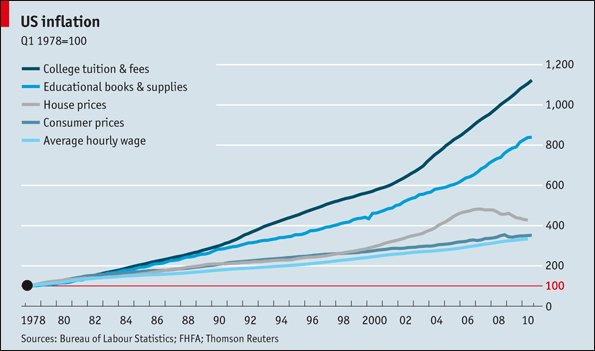
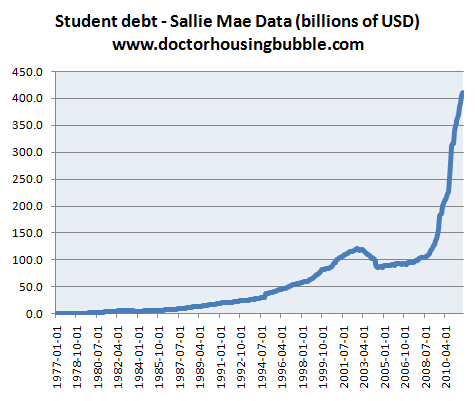
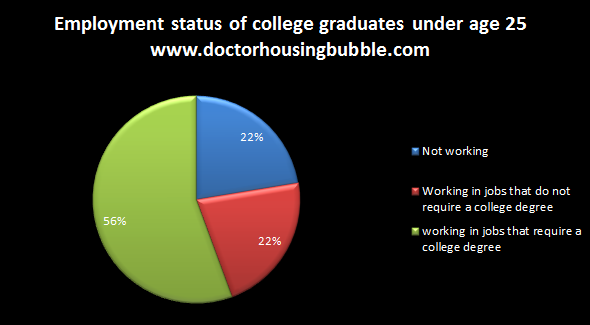
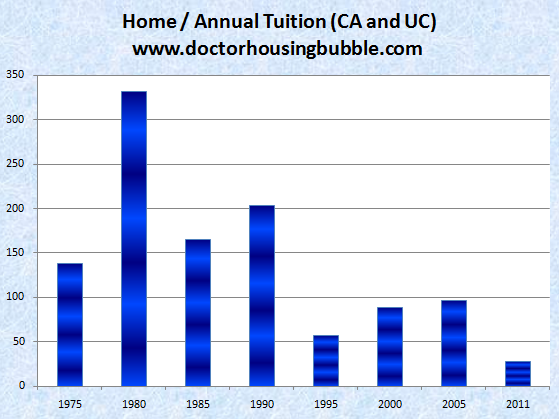
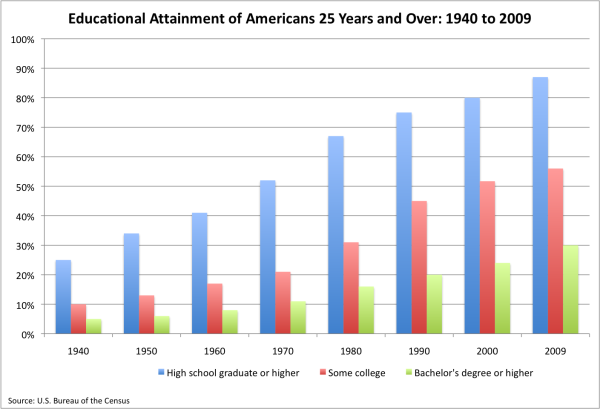
Comment